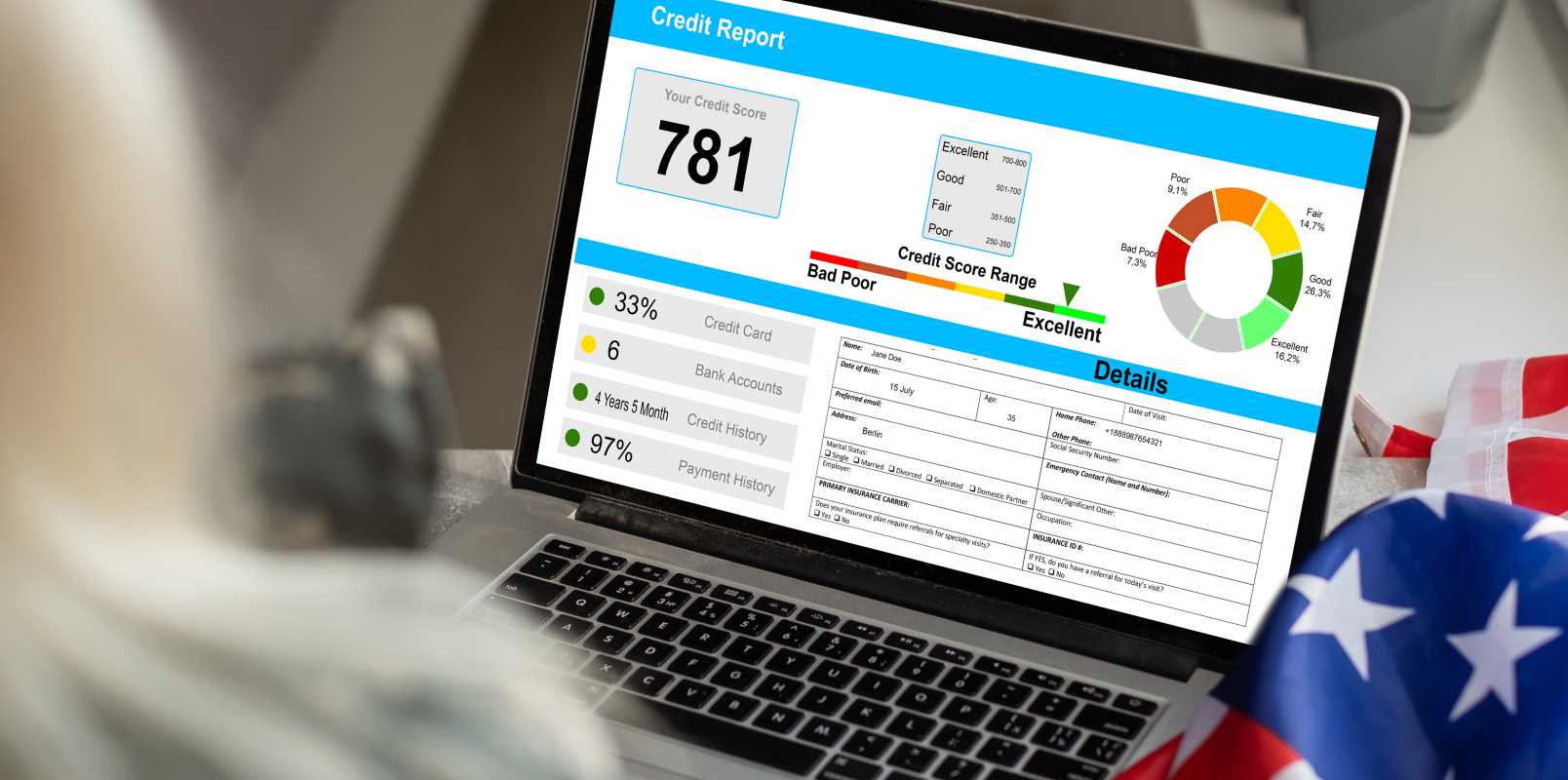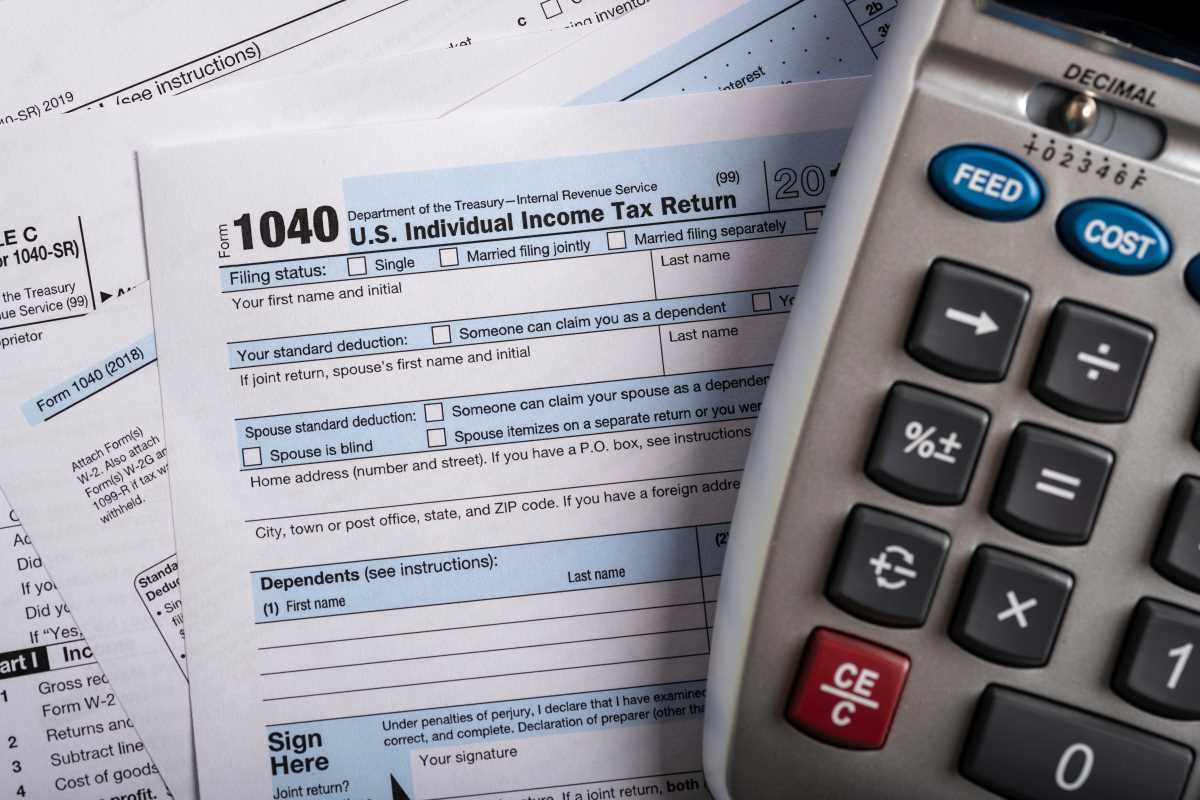Building a solid credit score sets the stage for greater financial freedom and more favorable loan options down the road. By taking early steps to establish and maintain good credit, you give yourself the advantage of qualifying for lower interest rates and better terms on major purchases like cars or homes. Early attention to your credit also allows you to learn from minor missteps without lasting harm, letting your score grow gradually over time. With a clear plan and consistent habits, you can steadily improve your credit profile and gain peace of mind as you navigate your financial journey.
The idea of building credit might seem complex at first glance, but once you break it down into actionable steps, the process becomes straightforward. Taking charge of your financial habits now prepares you for greater success later on. This journey involves making informed decisions and maintaining habits that support your credit goals.
Understand How Credit Scores Work
Your credit score shows how reliably you handle your debts and finances. Multiple factors influence it, and keeping track of these can mean the difference between quick approval and frustrating delays when you apply for credit.
Here are some key points that explain how your score is formed:
- Payment History: Paying your bills on time consistently greatly improves your score.
- Credit Utilization: Keeping the amount you owe low relative to your available credit demonstrates smart money management.
- Length of Credit History: Having a longer credit history generally benefits you, so even a modest account started early can help later.
- Types of Credit: Managing different kinds of credit, like a credit card and a loan, shows your ability to handle varied financial products.
- Recent Inquiries: Applying for too many credit products at once can temporarily lower your score.
Start With the Basics: Open Your First Credit Account
Taking the step to open your first credit account is essential. It begins your credit history and gives you the chance to show that you can manage credit responsibly. By choosing options that match your spending habits and lifestyle, you can develop a positive relationship with credit from the start.
Consider these starter credit options to begin your journey:
- Apply for a secured credit card: With a security deposit, these cards are easier to get and help you show that you can repay borrowed money on time.
- Become an authorized user: Ask a family member or close friend with good credit if they would add you to their account. This does not require you to have a credit card right away but can help you learn how credit building works.
- Consider a student credit card: Some financial institutions offer cards designed for new credit users, which often include rewards for good payment habits.
Smart Habits for Managing Credit
Building a strong credit score takes consistent daily and weekly efforts. Monitoring your spending and proactively managing your payments are activities that can shape your financial future. Make habits that make credit management a natural part of your routine.
Try adopting these smart habits:
- Check your statements and balance updates regularly to catch any errors early.
- Set up automatic payments for at least part of your bills so you never miss a due date.
- Review your spending patterns weekly to stay within your budget.
Avoiding Common Credit Pitfalls
Many people stumble on their credit journey because of simple mistakes that are easy to prevent. For example, overspending just because you have available credit. Borrowing beyond your means often leads to high interest charges and can hurt your credit score if you miss a payment. Remember that a credit limit is not extra cash, but a tool to be used responsibly.
Besides overspending, neglecting to monitor your credit activity regularly can cause issues that build up over time. Small mistakes, like making a late payment or maintaining a high balance one month, can have a surprisingly long-lasting impact on your score. Stay aware of your account activity and check for any discrepancies regularly.
Tracking Your Progress and Next Steps
Monitoring your credit score improvements helps you see how your actions affect your overall financial health. Use free tools like credit monitoring services offered by banks, or apps that provide regular updates on your score. Seeing your progress in real time encourages you to maintain smart financial habits.
Create a routine to review your credit report at least once every few months. This habit allows you to spot errors early and dispute any inaccuracies that could hurt your score. Keeping organized records of your financial activities also makes it easier to apply for new credit when needed.
Building a solid credit profile isn't about quick fixes; it involves developing sustainable practices that create a legacy of financial health. Every step you take today contributes to a stable future, so continue making mindful decisions and stay focused on your goals.
Monitor your progress and use smart techniques early to keep your finances on track. Stay disciplined to maintain a strong credit score with *ProprietaryName* over time.







